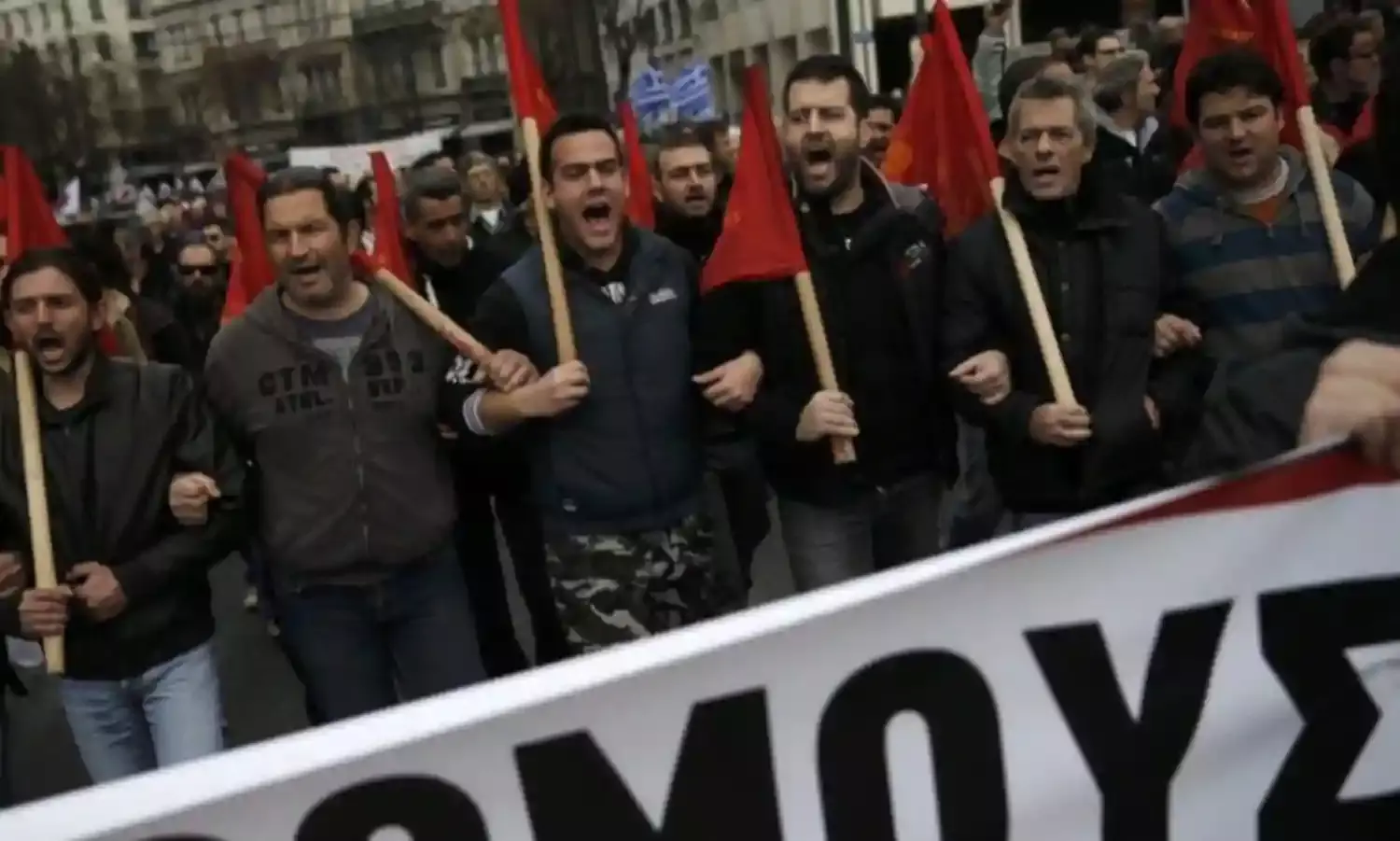Flavour Of The Week: Protests In Tunisia, Left Leader Hammami Calls for Early Polls
This new column travels across the world, updating The Citizen readers on a weekly basis.

Tunisia, the one country seen as the one democratic success of the Arab Spring, had been facing protests, in some cases violent, across many cities including the capital Tunis. The army had been deployed in several cities and over 300 people had been arrested and dozens injured. Some reports said Jewish community sites had been attacked by crowds which clashed with the security forces. There had also been incidents of arson and the Interior Ministry said there had been looting, thefts , blocking of roads with blazing tyres and the targeting of police stations, municipal depots, stores and banks.
Some observers said that protests to mark the anniversary of Tunisia's 2011 uprising which saw the overthrow of autocrat ruler Zine El-Abidine Ben Ali were not uncommon in January. But, like the recent protests in Iran, the current spate of demonstrations were believed to have been triggered off spontaneously by economic issues, with possibly the return of some of the ministers from the Ben Ali era and the suspension of corruption investigations and trials being contributory factors. There was concern about the country’s stability as it was one of the Arab Spring nations that had been able to undertake constitutional reform and hold elections. The country had seen nine governments since the ouster of Ben Ali with the present unity government, headed by Prime Minister Youssef Chahed, comprising representatives from the Islamists, secular parties and independents.
Tunisia’s economy had been struggling over the past years. The International Monetary Fund had provided loans worth$2.9 billion with deficit reduction being among the conditions that the IMF had set. And it was the latest economic measures that had angered the people. Tunisia's government had increased taxes under the 2018 Finance Act. The new budget raised value-added tax (VAT), or sales tax, on cars, alcohol, phone calls, the internet, hotel accommodation and other items, bringing in austerity at a time when the tourism sector was still coping with the fallout of the 2015 terror attacks in Sousse and Tunis. As per the latest figures national unemployment exceeded 15 percent and was more in some of the marginalised interior regions. Annual inflation had touched 6.4 percent in December the highest figure since 2014.
The government had accused the opposition of fuelling the unrest. Ennahdha, the Islamist party in Tunisia's governing coalition, condemned the violent aspect of the protests and what it described as "the exploitation of citizens' legitimate demands by certain anarchist groups"
The protests took on a political tinge with Hammami, the leader of the main opposition party, the Popular Front, a coalition of left-wing parties, calling for an early election instead of the schedule elections in 2019. He said “Tunisia is experiencing an exceptional crisis that needs an exceptional solution in the absence of horizons.” At a press conference he called for the continuation of the protests and said "The Front is calling all Tunisian people go out to the streets for peaceful protests country wide for one clear goal, which is to bring down these actions that destroyed the Tunisian country and its people,".
None of the previous governments since the overthrow of Ben Ali had been able to tackle the country’s economic woes. With the kind of conditionalities always attached by the IMF to loans provided to economically struggling countries, there appeared to be little that Tunisia could do immediately to alleviate the people’s anger. Withdrawing the new taxes would mean Tunisia would not be able to meet the deficit reduction demand of the IMF. Keeping the new taxes in place meant that now that protests had started they could escalate, forcing the government to either resort to more drastic action against the protestors or to give in, step down, and allow fresh elections to take place. Given the belligerence of Hammami, and the opportunity that the opposition saw in the protests, it appeared that Tunisia was heading for a political crisis unless the IMF modified its conditions and allowed the government to retain or even increase the deficit to meet the demands of the people by tackling unemployment and rising prices. Given the IMF’s track record, only an appreciation of the need for stability in Tunisia, and the regional ramifications of unrest in that country, might persuade the international lender to adopt that unlikely but only viable course. A spokesman for the IMF had said that the International Monetary Fund did not want austerity in Tunisia, and in fact proposed programs to protect the poor from the impact of economic reforms. But the spokesman went on to say that the IMF wanted well implemented socially balanced reforms that included reducing the size of the massive public sector and reforming the tax system while adding that "very deep-seated, longstanding issues,” needed to be addressed.



